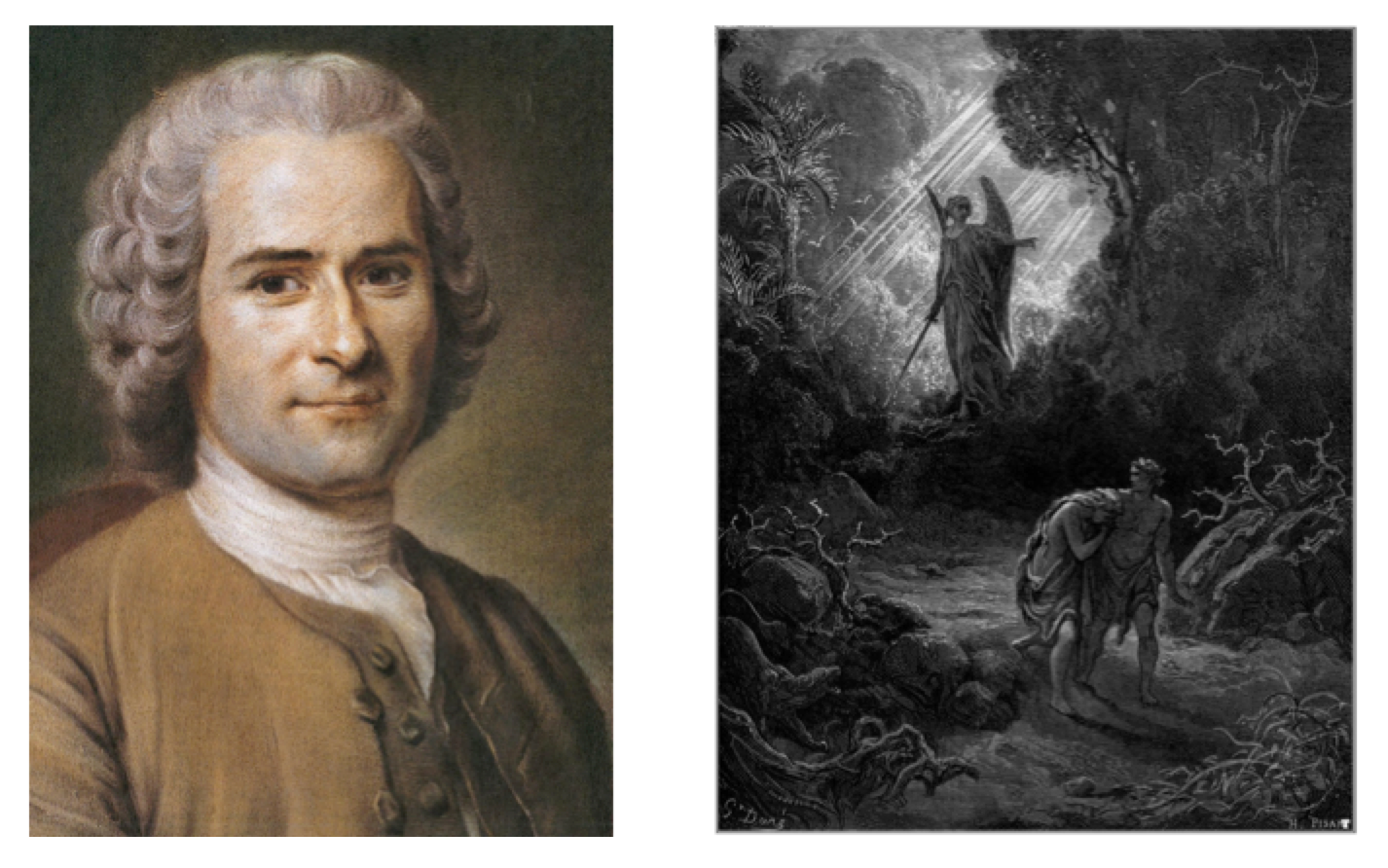

French philosopher Jean-Jacques Rousseau argued that the state of civilisation was itself harmful to people. Educationally this scenario imagines a world where education is universal but dominated by the utilitarian needs of systems of control and oppression that benefit a few at the expense of the vast majority.
A simple illustration of an intermediate step to the realisation of this scenario is to imagine a growth of free online courses as the major mechanism providing access to some form of higher education qualification, redefining expectations of what a university does to the superficial affordances of models like the MOOC. Naturally, this would coexist with the ongoing operation of an elite model of education well concealed from the attention, interest and aspirations of the general public in much the same way the exclusive resorts and business venues of the elite are concealed today.
The spiritual malaise in higher education in part reflects the disengagement of qualification systems from social and community values. The technology that enables and sustains the growth in scale and the integration of higher education into the wider economic and politic systems of civilisation pollutes the qualifications to the extent that they cease to be about the development of human knowledge and potential. Instead, the relentless drive for accountability leaves qualifications defined only in the shallowest of utilitarian ways.
Learners in this scenario are passive consumers of educational experience. The learning experience is one of compliance with various measures of compliance and achievement imposed without negotiation to create outputs that have no significance beyond their role as a marker within the qualification system.